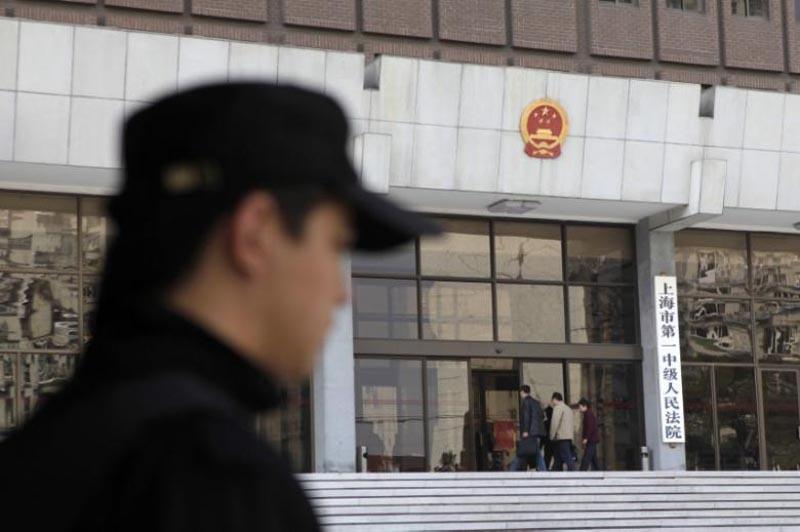China doles out $100 million punishment to Russian-controlled fund for role in 2015 crash
A Chinese court meted out a nearly 700 million yuan ($102.4 million) punishment to a Russian-controlled high-frequency trading firm for futures market manipulation on Friday, drawing a line under one of the most high-profile cases of misconduct Beijing blames for contributing to the 2015 stock market crash.
The verdict by the Shanghai No. 1 Intermediate People's Court, posted on its official microblog, also involves a penalty to two executives of Yishidun International Trading Co. The ruling comes at the end of a week in which index publisher MSCI agreed to include China's domestic shares in its emerging market benchmark.
"Malicious" short selling by domestic and foreign "speculators" have been largely blamed by the Chinese government for causing the market crisis that started in the summer of 2015.
Yishidun, based in China's eastern city of
Zhangjiagang, and controlled by Russian nationals Georgy Zarya and Anton Murashov, pocketed illegal gains worth 389 million yuan by frequently trading China's index futures between June 1 and July 6, 2015, the Shanghai court said in a statement.
According to the verdict, Yishidun would be fined 300 million yuan, and its illegal gains would also be confiscated.
In a statement emailed to Reuters, Yishidun said it had conducted an independent audit of its trading model after the company was investigated, and found nothing consistent with "market manipulation" as this term is understood outside China.
The audit also found the company's trading was subject to a functioning risk-management system," it said.
The court gave suspended sentences to Yishidun's two executives, Gao Yan and Liang Zezhong, of three years and 2.5 years, respectively.
Jin Wenxian, an employee from a brokerage the trading firm used, received a sentence of five years.
In its battle against speculators during the market crisis, Beijing netted journalists, senior executives in brokerages and even securities regulators. Other foreign funds punished by Beijing included Citadel Securities, whose account in Shanghai managed by a unit was suspended by the Chinese government.






